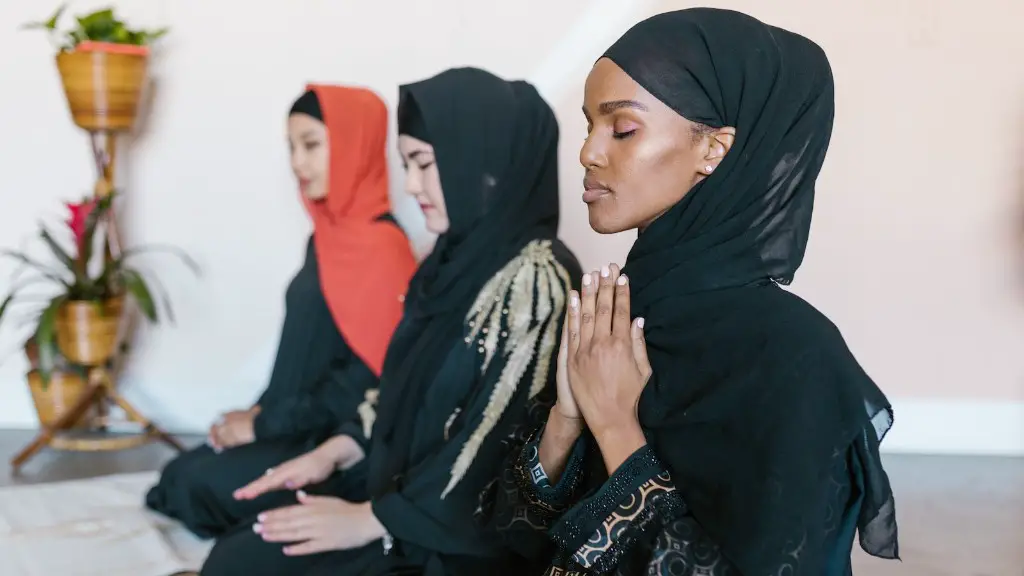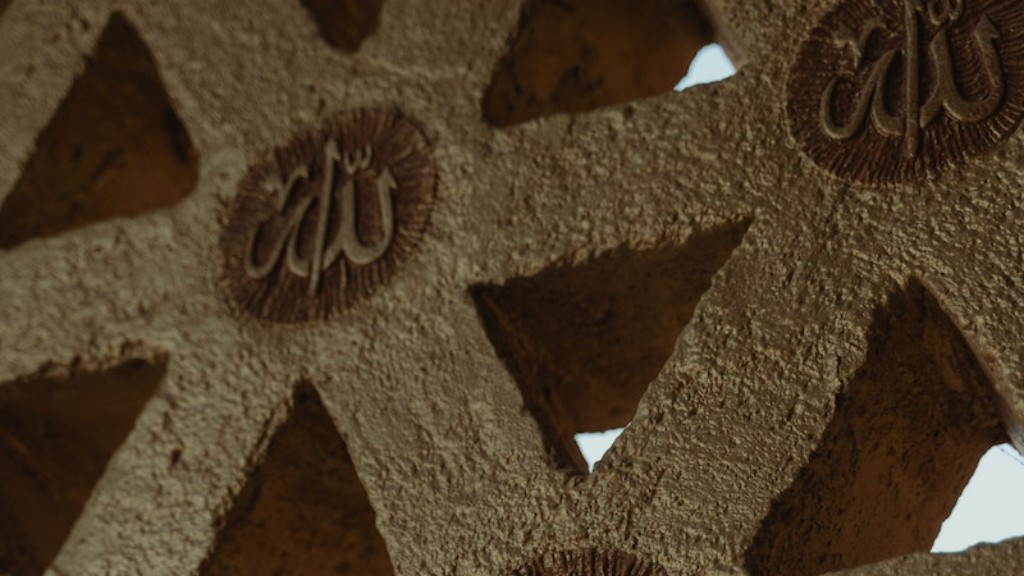Hinduism and LGBT: Does Hinduism Allow LGBT?
Hinduism is one of the oldest and most influential religions in the world, and it has become increasingly relevant in recent years as it has expanded outside of India and become more diverse. One of the major topics that has come up in Hinduism in recent years is the issue of LGBT rights. There is a growing body of opinion that suggests that Hinduism does support LGBT rights and is becoming increasingly open to the idea of acceptance and inclusion.
However, there is still a reluctance from many quarters within the Hindu faith to accept LGBT rights. This is largely due to the traditional interpretation of Hinduism, which emphasises the traditional roles of marriage and heterosexual relationships. As such, same-sex relationships, and LGBT rights in general, are seen as against the core principles of Hinduism.
However, there is a growing body of opinion that suggests that the principles of Hinduism are more accepting than traditional interpretations of the religion might suggest. LGBT people within Hinduism can point to a number of sources within the faith to support their claims. These include writings from respected Hindu saints and scriptures that promote respect and acceptance of all people, regardless of their sexual orientation.
Advocates of LGBT rights within Hinduism often point to the fact that many Hindu gods and goddesses are bisexual and capable of changing gender. This is often used to support the idea that Hinduism is open to accepting and including LGBT people. There is also an increasing awareness of the fact that the ancient Hindu texts and scriptures do not explicitly condemn or sanction homosexuality, which suggests that Hinduism is not necessarily opposed to LGBT rights.
In addition, there are a number of progressive Hindu organisations and temples that have actively supported LGBT rights. These organisations have put a focus on inclusivity, respect and openness, and have actively campaigned for the acceptance of LGBT people within Hindu communities.
At the same time, there are still some sections of the Hindu population that are strongly opposed to LGBT rights. These sections often point to traditional interpretations of Hinduism that condemn homosexuality and view it as a sin. However, these sections are becoming increasingly marginalised, and there is a growing acceptance of the idea that the principles of Hinduism are more accepting than traditional interpretations would suggest.
Openness of Hinduism to LGBT Culture
The openness to LGBT culture within Hinduism has become increasingly visible in recent years. There are a number of countries with significant Hindu populations such as India, Nepal and Bhutan that have decriminalised homosexuality and introduced recognition of same-sex marriage in some form. This suggests a greater openness within Hindu communities to LGBT rights and acceptance.
The growth of Hinduism globally has also been accompanied by a growing acceptance of LGBT rights. In the West, there has been a huge increase in the visibility of Hindu orientations towards LGBT rights, and Hindu voices are increasingly being heard in support of LGBT rights in traditionally conservative regions of the world.
The Hindu community is also increasingly open to discussing LGBT issues in an open and respectful way. There are a number of forums, forums and online magazines discussion on LGBT rights and the role of Hinduism in this debate. This suggests a growing appreciation for the importance of LGBT rights and the need for open and inclusive dialogue.
In addition, there is a growing number of LGBT oriented events in Hindu organisations such as Pride Parades, LGBT film festivals, and the establishment of LGBT community organisations based around Hinduism. This suggests a growing openness and acceptance within the Hindu faith to LGBT people.
The increasing openness and acceptance of LGBT people and culture within Hindu communities is a welcome development, and suggests the potential for the faith to become more open to LGBT rights in the future.
The Challenges Facing Hinduism and LGBT Rights
Despite this increasing openness, there are still a number of challenges facing Hinduism when it comes to LGBT rights. One of the main challenges is the lack of unified opinion among Hindus on the subject. There are still a number of traditionalist interpretations of Hinduism that condemn homosexuality, and these views still hold sway in many communities.
In addition, there is still a lack of education within Hindu communities on LGBT issues. This is particularly true in more rural and conservative areas, where traditional interpretations of Hinduism are still the norm. This lack of education leads to a lack of understanding of LGBT rights and can lead to discrimination and even violence against LGBT people.
There is also a lack of support for LGBT people within many Hindu communities. This is particularly the case in more conservative regions, where LGBT people may feel unwelcome and isolated. This can make it difficult for LGBT people to express themselves openly, and can lead to a feeling of exclusion from Hindu communities.
Finally, there is still a lack of legal protection for LGBT people in many countries with large Hindu populations. Despite the decriminalisation of homosexuality in many countries, there is still a lack of legislation protecting LGBT people from discrimination. This means that LGBT people are still vulnerable to discrimination and even violence in many countries.
The Way Forward: Inclusion and Respect
The way forward for Hinduism and LGBT rights is inclusion and respect. The Hindu faith is a faith that emphasises openness and respect for all, and this should be extended to LGBT people. The focus should be on creating an environment of openness and understanding, and a culture of acceptance and inclusion.
Hindu leaders, communities and organisations should be encouraged to discuss LGBT issues in an open and respectful manner. This will help to create a culture of understanding and acceptance, and to create a safe space for LGBT people to express themselves.
In addition, legal protection and recognition for LGBT rights should be a priority in countries with large Hindu populations. This will help to create a sense of safety and security for LGBT people and will help to remove the stigma and discrimination that they face.
Finally, education on LGBT issues should be improved. This should be done in schools and communities and should focus on creating an understanding and appreciation of LGBT people and their rights. This will help to create a culture of acceptance and respect within Hindu communities.
Hinduism and LGBT: The Future of LGBT Rights
The future of Hinduism and LGBT rights is one of inclusion and acceptance. The Hindu faith has a strong tradition of tolerance and respect for all, and this should be extended to LGBT people. The focus should be on creating an environment of understanding and acceptance, and on removing the discrimination and stigma that LGBT people still face in many parts of the world.
The success of LGBT rights within Hinduism will depend on the willingness of leaders, communities and organisations to engage in open dialogue and discussion, and to create an atmosphere of inclusion and respect. If this can be achieved, then Hinduism has the potential to become a much more inclusive and progressive religion that is open to LGBT rights.


